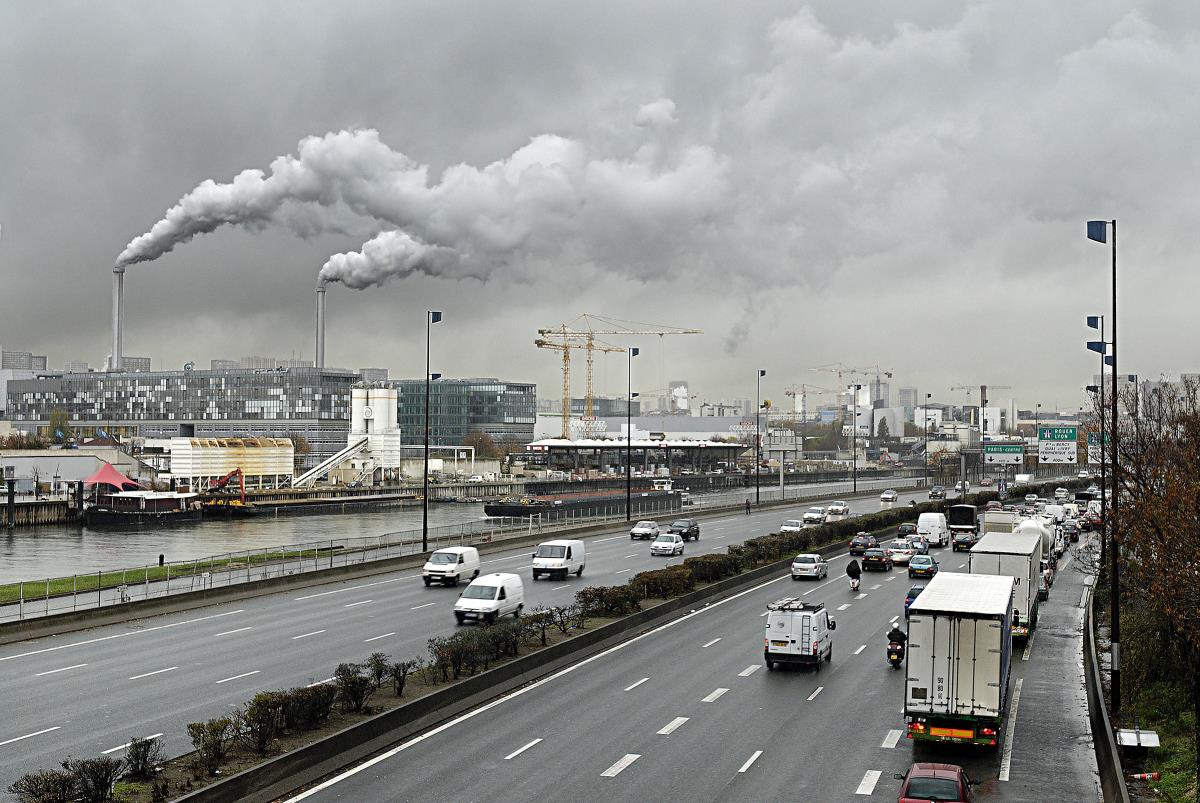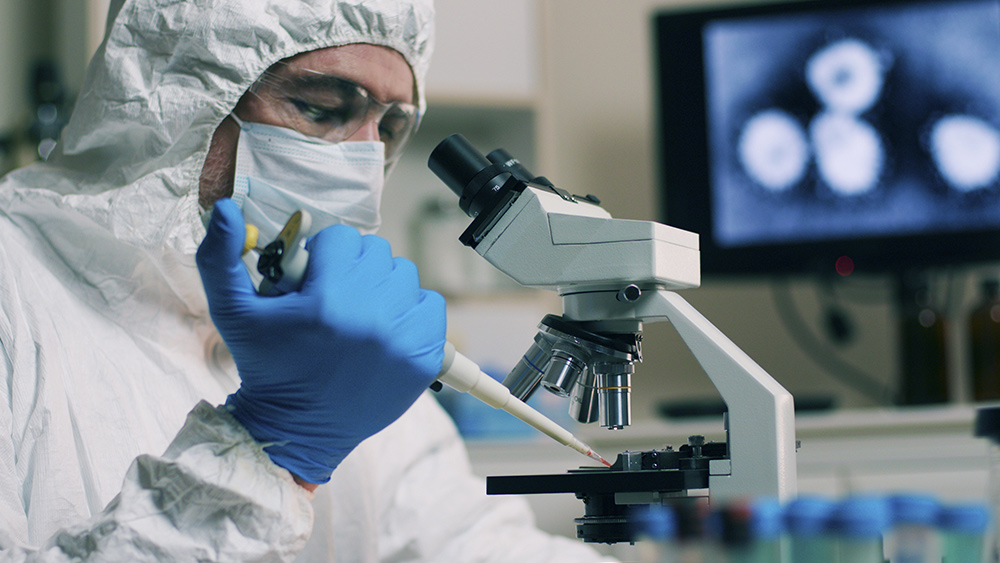Living in noisy urban areas linked to higher stress levels, lack of exercise and greater stroke risk, caution scientists
09/10/2020 / By Divina Ramirez

Previous research has implicated polluted air in cities and urban areas in the risk of stroke. But in a major breakthrough, a team of scientists from Spain and the U.S. found that traffic noise might be just as bad.
Their findings, published in the journal Environmental Research, indicated that in an urban setting, a lack of surrounding green space and traffic noise at home are linked to a 30 percent increase in stroke risk.
This doesn’t translate to a one in three chance of a stroke, clarified the group. Instead, it suggests that environmental factors like noise and green space hold a significant influence on the global burden of stroke.
Traffic noise and lack of green space in large cities heighten the risk of stroke
Road traffic noise has been linked to heart disease and its complications in earlier studies. But there is scant research assessing the possible influence of this form of noise pollution on the risk of stroke, a medical condition that has the same risk factors as heart disease.
To this end, the international team of scientists studied the data of 2,761 patients that had been hospitalized for ischemic stroke from 2005–2014 in Barcelona. The team also looked at the influence of road traffic noise, air pollutants (particles smaller than 2.5 microns or PM2.5) and exposure to green areas on the patients.
In addition, the scientists used models and data from the Cartographic and Geological Institute of Catalonia (CGIC) to assess Barcelona’s atmospheric pollutant levels and create its noise map. Using satellite images, the team had also been able to define vegetated areas or green spaces in the city.
Their data revealed that noise levels and exposure to green spaces influence the severity of ischemic stroke. Lead researcher Rosa Vivanco-Hidalgo from Barcelona’s Hospital del Mar Medical Research Institute (IMIM) also said that she and her colleagues noticed a gradient.
“The more green spaces, the less serious the stroke. And the more noise, the more serious it is,” said Vivanco-Hidalgo. These correlations suggest that factors that haven’t been linked to stroke risk in previous studies, like noise and exposure to green spaces, might have an independent role in the condition, she added.
Traffic noise could be part of a larger group of environmental risk factors for stroke
Despite their favorable results, the researchers couldn’t explain if the heightened stroke risk came from road traffic noise alone or if the noise is just indicative of living in a more polluted area that posed greater health risks to residents in general. Nonetheless, Vivanco-Hidalgo had some speculations.
One possible mechanism, she said, is that noise might be damaging blood vessels and affecting proper circulation in the head. Damaged blood vessels could lead to the formation of blood clots that can then break loose and travel to the head or neck, blocking circulation in the brain and triggering a stroke.
Xavier Basagana, an associate research professor at the Barcelona Institute for Global Health (ISGlobal) and a member of the research team, pointed out that exposure to green spaces can benefit human health through various mechanisms.
For instance, green spaces can reduce stress and encourage exercise and social interaction among residents. This can then lead to better blood pressure regulation, enhanced circulation and stronger immune health. (Related: Research shows that spending time with nature has extensive mental health benefits.)
To note, the scientists found that atmospheric pollution had no significant effect on stroke risk. The group has identified this as a possible limitation since they did not assess varying levels of pollutant concentrations. This could have made it difficult to form conclusions.
Therefore, further studies are needed to assess the influence of both atmospheric and noise pollution on stroke risk in cities and urban residential areas.
Read more articles about the harmful effects of air and noise pollution on health at Environ.news.
Sources include:
Tagged Under: biomedical research, environment, stroke


















